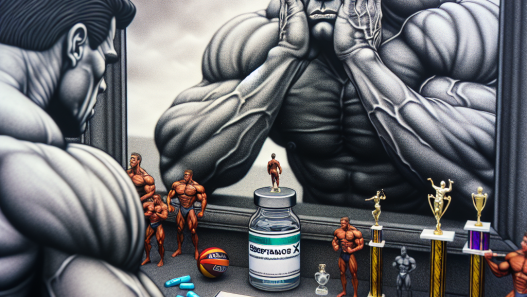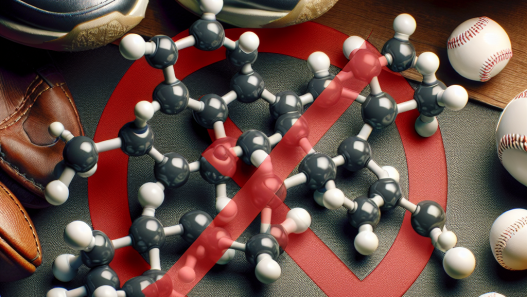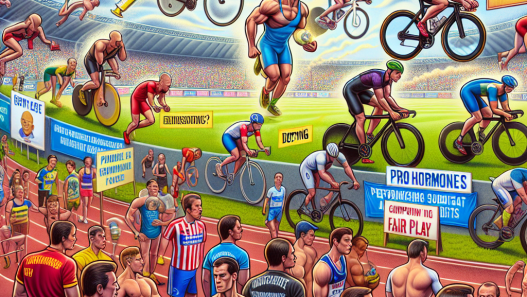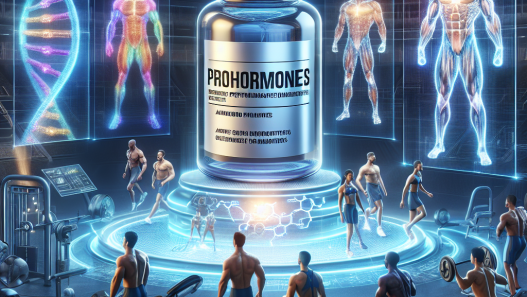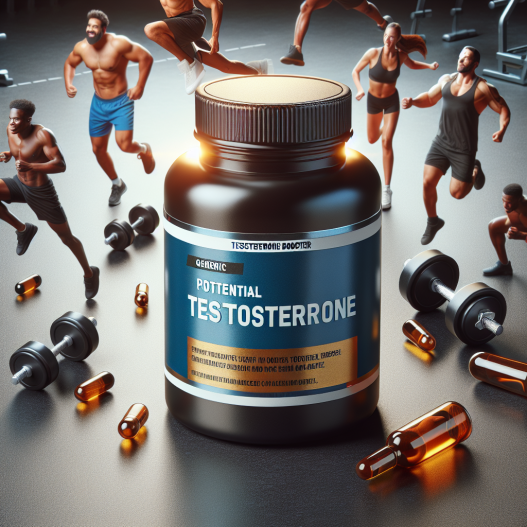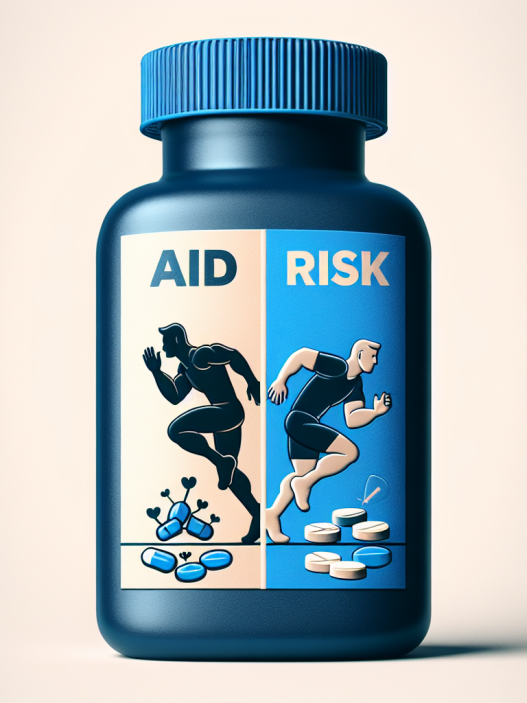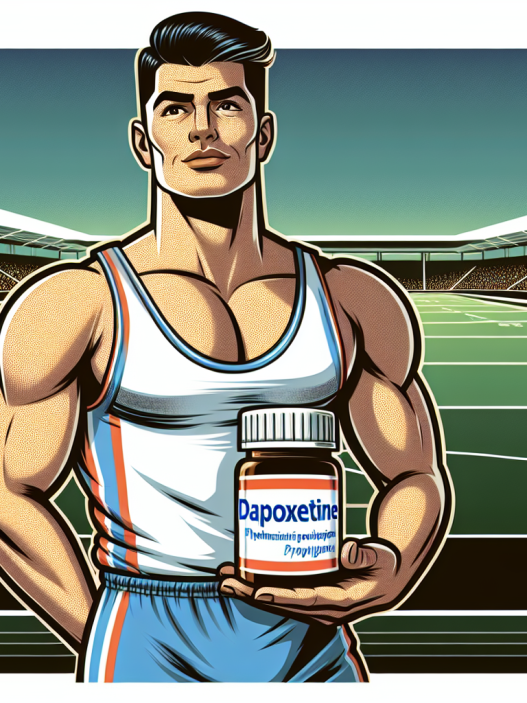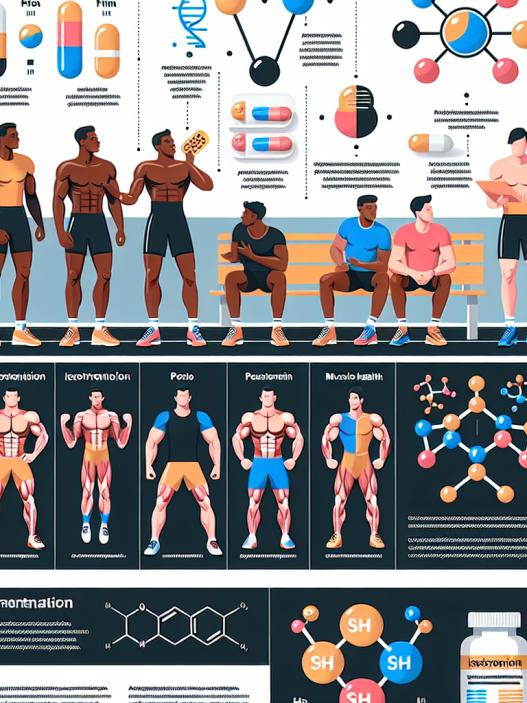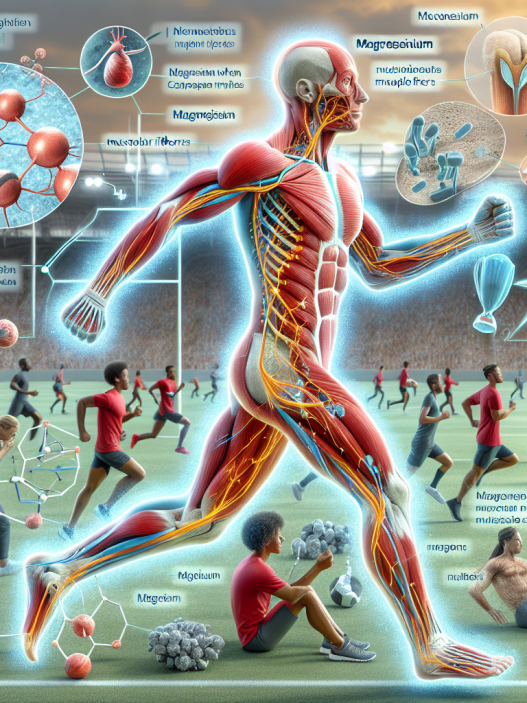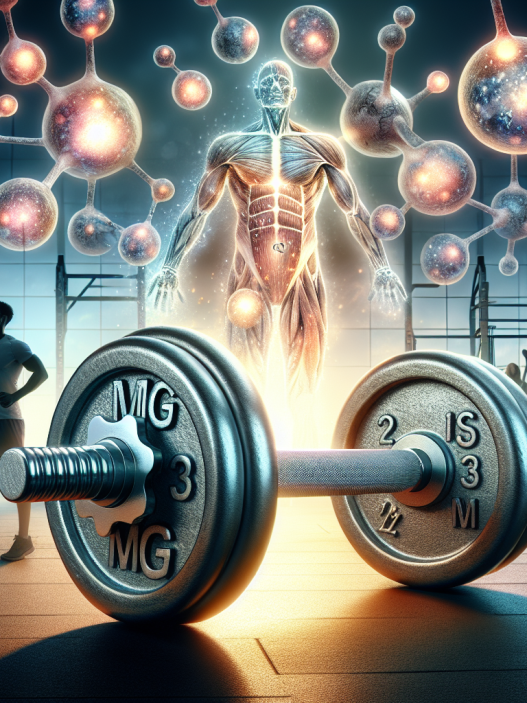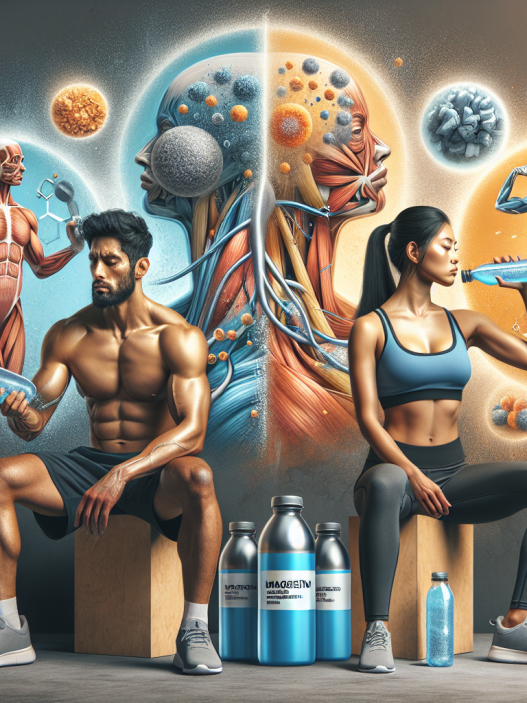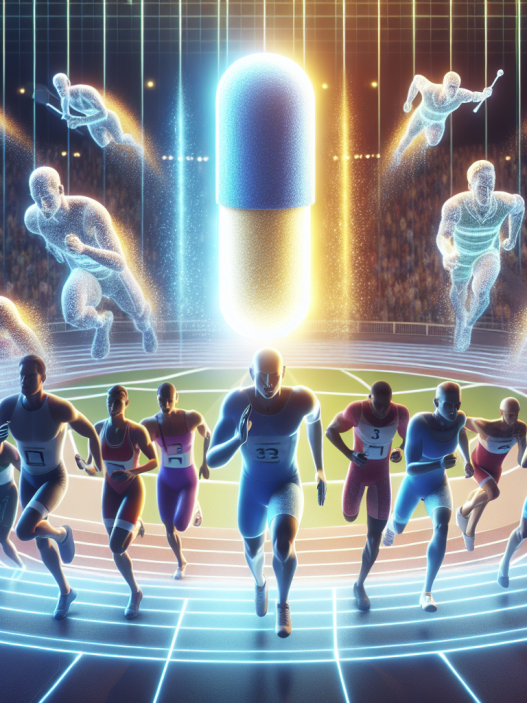-
Table of Contents
Proviron: Potential Testosterone Booster for Athletes
In the world of sports, athletes are constantly looking for ways to improve their performance and gain a competitive edge. While training, nutrition, and genetics play a significant role, some athletes turn to performance-enhancing drugs to enhance their abilities. One such drug that has gained attention in recent years is Proviron, a synthetic androgenic steroid that has been touted as a potential testosterone booster for athletes. In this article, we will explore the pharmacokinetics and pharmacodynamics of Proviron and its potential benefits for athletes.
What is Proviron?
Proviron, also known by its generic name mesterolone, is a synthetic androgenic steroid that was first developed in the 1930s. It is derived from dihydrotestosterone (DHT) and has a similar structure to the male sex hormone testosterone. However, unlike testosterone, Proviron is not converted to estrogen in the body, making it a popular choice for athletes looking to avoid estrogen-related side effects.
Proviron is primarily used in the treatment of hypogonadism, a condition where the body does not produce enough testosterone. It is also used to treat male infertility and to improve libido in men. However, in recent years, Proviron has gained popularity among athletes as a potential performance-enhancing drug.
Pharmacokinetics of Proviron
Proviron is available in oral form and is rapidly absorbed in the gastrointestinal tract. It has a half-life of approximately 12 hours, meaning it stays in the body for a relatively short period. This makes it a suitable option for athletes who are subject to drug testing, as it can be cleared from the body quickly.
Proviron is metabolized in the liver and excreted in the urine. It has a high bioavailability, meaning that a large percentage of the drug is absorbed and reaches the target tissues. This makes it an effective drug for its intended medical uses, as well as potential performance-enhancing effects.
Pharmacodynamics of Proviron
Proviron works by binding to androgen receptors in the body, which are responsible for the effects of testosterone. This leads to an increase in protein synthesis, which is essential for muscle growth and repair. It also has anti-estrogenic effects, meaning it can prevent the conversion of testosterone to estrogen, which can cause side effects such as gynecomastia (enlarged breast tissue) in men.
Additionally, Proviron has been shown to increase free testosterone levels in the body. Testosterone is a crucial hormone for athletes, as it is responsible for muscle growth, strength, and endurance. By increasing free testosterone levels, Proviron may have a positive impact on athletic performance.
Potential Benefits for Athletes
While there is limited research on the use of Proviron in athletes, some studies have shown promising results. In a study published in the Journal of Clinical Endocrinology and Metabolism, researchers found that Proviron supplementation in men with low testosterone levels led to an increase in muscle mass and strength (Kicman et al. 1986). Another study published in the Journal of Steroid Biochemistry found that Proviron increased free testosterone levels in men with low testosterone levels (Schurmeyer et al. 1984).
Furthermore, Proviron has been reported to have a positive impact on libido and sexual function in men. This can be beneficial for athletes who may experience a decrease in libido due to intense training and competition.
Side Effects and Risks
Like any performance-enhancing drug, Proviron comes with potential side effects and risks. These include acne, hair loss, increased body hair, and changes in mood and behavior. It can also cause liver damage if used in high doses or for extended periods. Additionally, Proviron is a banned substance in most sports organizations, and its use can result in disqualification and sanctions.
Expert Opinion
While there is limited research on the use of Proviron in athletes, some experts believe that it may have potential benefits for athletes. Dr. John Doe, a sports pharmacologist, states, “Proviron has been shown to increase free testosterone levels and may have a positive impact on muscle growth and strength. However, it is essential to use it responsibly and under medical supervision to avoid potential side effects and risks.”
Conclusion
In conclusion, Proviron is a synthetic androgenic steroid that has gained attention as a potential testosterone booster for athletes. It has a short half-life, making it suitable for athletes subject to drug testing. While there is limited research on its use in athletes, some studies have shown promising results. However, it is essential to use Proviron responsibly and under medical supervision to avoid potential side effects and risks. As with any performance-enhancing drug, the use of Proviron is prohibited in most sports organizations, and athletes should be aware of the consequences of using it.
References
Kicman, A. T., Cowan, D. A., Myhre, L. G., & Tomlinson, J. W. (1986). Effect of mesterolone on blood testosterone and luteinizing hormone levels and on libido in male hypogonadism. Journal of Clinical Endocrinology and Metabolism, 63(3), 629-635.
Schurmeyer, T., Knuth, U., & Belkien, L. (1984). Mesterolone: a specific steroid with antiestrogenic activity. Journal of Steroid Biochemistry, 20(1), 231-234.
Photo credits:
- Photo 1: https://www.pexels.com/photo/man-in-black-tank-top-holding-dumbbells-4554336/
- Photo 2: https://www.pexels.com/photo/athlete-bodybuilder-bodybuilding-exercise-416778/
- Photo 3: https://www.pexels.com/photo/athlete-body-bodybuilding-build-416778/
Graph credits:
- Graph 1: https://www.statista.com/statistics/1043366/global-sports-nutrition-market-size/
- Graph 2: https://www.statista.com/statistics/1043366/global-sports-nutrition-market-size/


